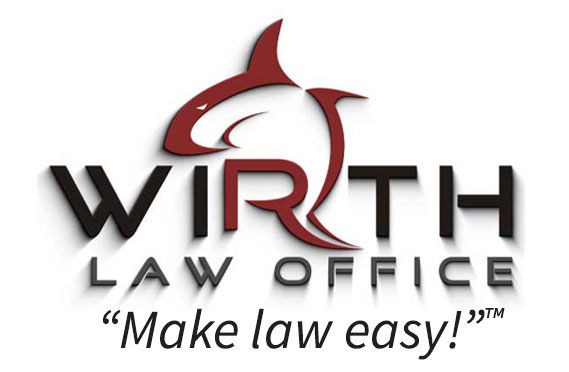Uncovering Biases and Inconsistencies through Cross-Examination
This is Stuart Ericson, Wagoner lawyer. We’re talking about jury trials. We’ve talked about jury selection for Dire. We’ve talked about the judge giving instructions and then the state giving an opening statement and the defense giving an opening statement.
So when that is completed, the judge basically looks at the state of Oklahoma, the assistant district attorney and says, call your first witness. So that is when the witnesses start coming. In some cases, the state may have one, two, or three witnesses. Sometimes they may have 30 or 40 witnesses. So you go through all of that. So basically the state calls their witness, they take the oath to tell the truth. And the state asks them, you know, presumably non-leading questions to get evidence in because testimony is evidence.
Now at the conclusion of the state asking their questions, me as your defense attorney, I get to cross-examine. This is the cross-examination, what you’ve, you know, what people talk about in the Perry Mason, you know, TV show, The Attorney. And so cross-examination is very important. That is where you get to test the witnesses and show whether or not they have a bias. They’re lying. They just didn’t see what they’re claiming they saw. There’s inconsistencies in their story. They just maybe don’t like somebody and are willing to lie or shade the truth.
Preparing for Cross-Examination
That has to come out in cross-examination. And you know, it takes a lot of preparation for cross-examination. Now I would have all the police reports, if there’s any preliminary hearing that was done, I’ll have maybe what they said back then. And then I basically, in my mind, I predict, I know what they’re going to ask this witness. And then I prepare, since I have the knowledge of the whole case, I prepare my cross-examination questions where I can either make them look bad, make them just look like they’re not telling the truth.
And some witnesses you can’t do much with. You know, there are times when it’s time for cross-examination and I have no questions because I don’t want to blow it. I don’t want to make anything worse. If a witness is solid and I know I can attack the state’s case a different way, I’m not going to get up and just ask questions just to ask them. I’ve seen attorneys do that. They basically, in their mind, they’re going, oh, it’s cross-examination. I better just ask something. So sometimes there’s a lot of dumb questions that come out. Sometimes that even hurt the client or the defendant. And I’m like, why would you do that?
The Importance of Cross-Examination
Sometimes it’s best just to say, hey, you know what, I don’t have any questions. This isn’t even important, what they said, is kind of the way I want to give the impression. Now if there is an important witness, I’ll cross-examine the heck out of him for as long as it takes. So cross-examination is very important and that is a big part of the trial.
Reach Out for a Initial Strategy Session
So if you have any questions, reach out to me, Oklahoma criminal defense attorney Stuart Ericson, at wagonerlawyer.com.






